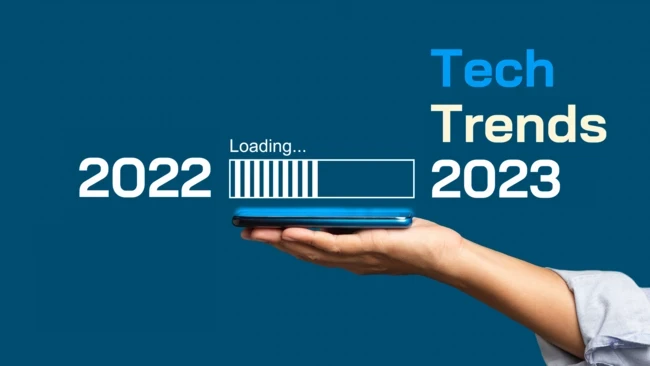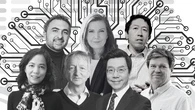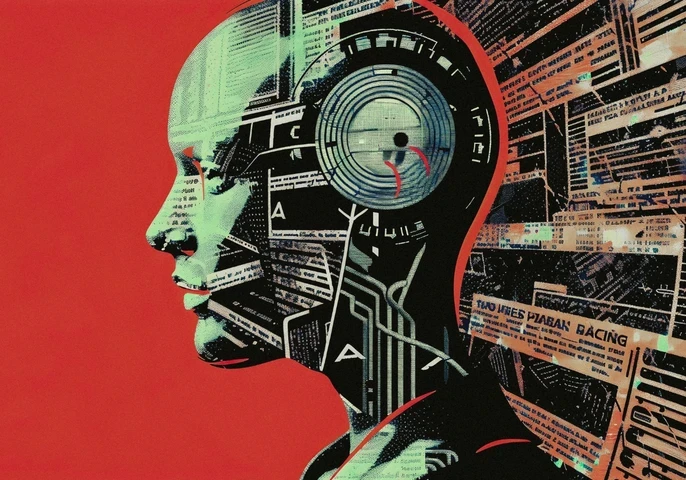Technology has evolved at an unprecedented rate over the past few years. Ten years ago, the world had just been introduced to smartphones, tablets and social networking. It now finds itself at the cusp of an AI revolution where automation and machine learning impact every aspect of society – from socialising to scientific research.
In a matter of years, technological innovation has transformed society as we know it. The pandemic only accelerated this transformation, encouraging rapid digitisation as people adapted to the new, contactless world of the new decade.
This digitalisation has already taken hold of the enterprise. Automation is set to displace 85 million jobs within the next two years. By 2030, 30% of the workforce must face the prospect of its role no longer existing as AI implementation replaces the need for human input. IT Professionals must understand how their roles will change so that they can prepare for this automated age of tomorrow. They must actively seek out the trends that are defining the technology landscape to learn how technology is shaping the world around them.

As we enter the fourth week of the new year, we've compiled a list of some of the trends that are set to shape the tech industry over the next 12 months







Comments ( 0 )